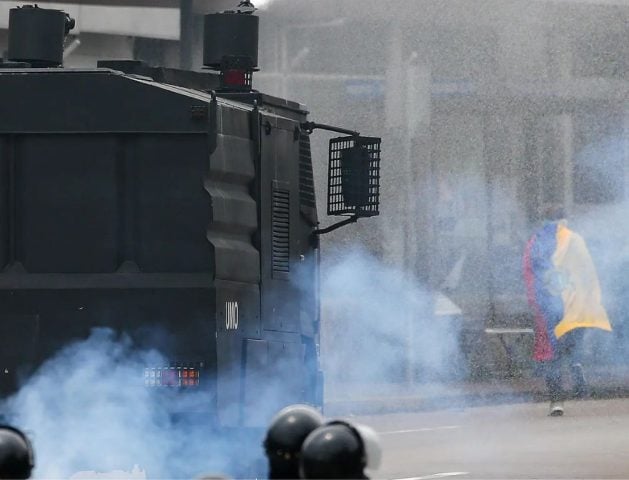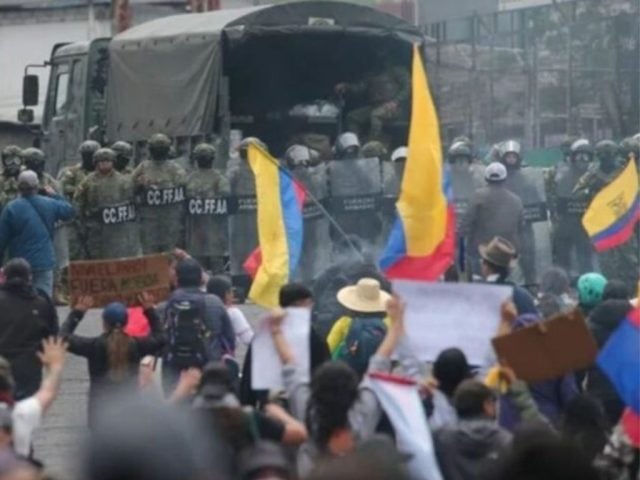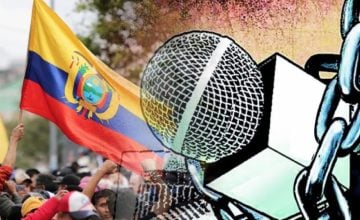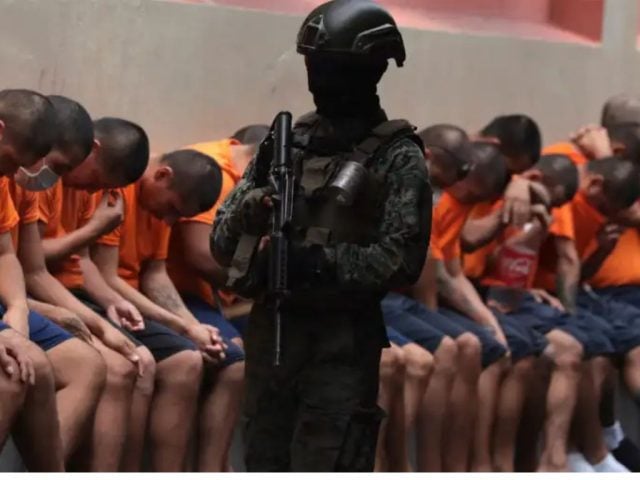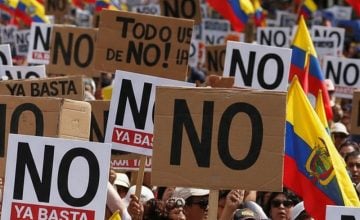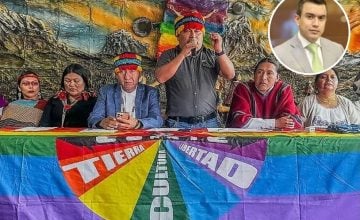Ecuador’s national strike, now in its 23rd day, has faced a sweeping security crackdown under President Daniel Noboa, with rights groups reporting two deaths as a farmer fights for his life.
According to the Regional Human Rights Advisory Foundation (INREDH), 30-year-old José Alberto Guamán Izama was critically wounded on Tuesday amid what the group described as indiscriminate military repression in Imbabura province, in northern Ecuador.
The farmer was shot during an incursion by a so-called ‘humanitarian convoy’ made up of armed forces in the city of Otavalo, and he remains in critical condition in the intensive care unit (ICU) at San Vicente de Paúl Hospital in Ibarra, where he was transferred.
Doctors initially confirmed his death due to the severity of his injuries, prompting relatives and friends to begin sharing news of his passing.
Minutes later, however, there was an unexpected turn: after being declared clinically dead for about five minutes, Guamán — a resident of San Rafael parish in the Cachibiro community — regained vital signs and is now fighting to survive.
INREDH has demanded immediate medical attention, a thorough investigation, and respect for the right to life and personal integrity of the farmer allegedly assaulted by soldiers.
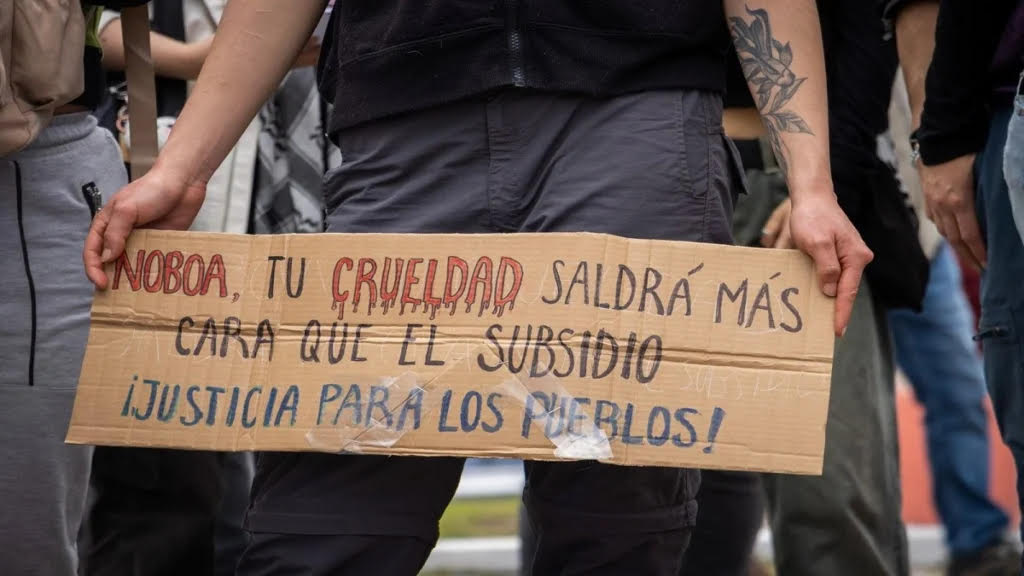
Two deaths reported amid the crackdown
While Guamán remains hospitalized, the escalating response to the national strike has already been linked to two deaths attributed to security forces by local leaders. On Tuesday, organizer Hatari Sarango told teleSUR that Rosa Paqui Seraquive, an elder of the Kichwa Saraguro people, allegedly died from asphyxiation following the heavy use of tear gas in Indigenous territories.
The Confederation of Indigenous Nationalities of Ecuador (CONAIE) confirmed via its social media channels the death of the 61-year-old woman from the Saraguro people, who reportedly suffered cardiorespiratory arrest after inhaling tear gas fired at protesters.
«We express our deep solidarity and condolences to the family and community of Gunudel for the passing of our sister Rosa Elena Paqui, due to a cardiorespiratory arrest caused by the inhalation of tear gas used indiscriminately by the Police,» the Indigenous confederation said.
«We share the grief of her loved ones and demand truth and justice for Rosa Elena and for all social activists detained and those who have fallen defending our people’s rights. State crimes are neither reversible nor forgivable,» it added.
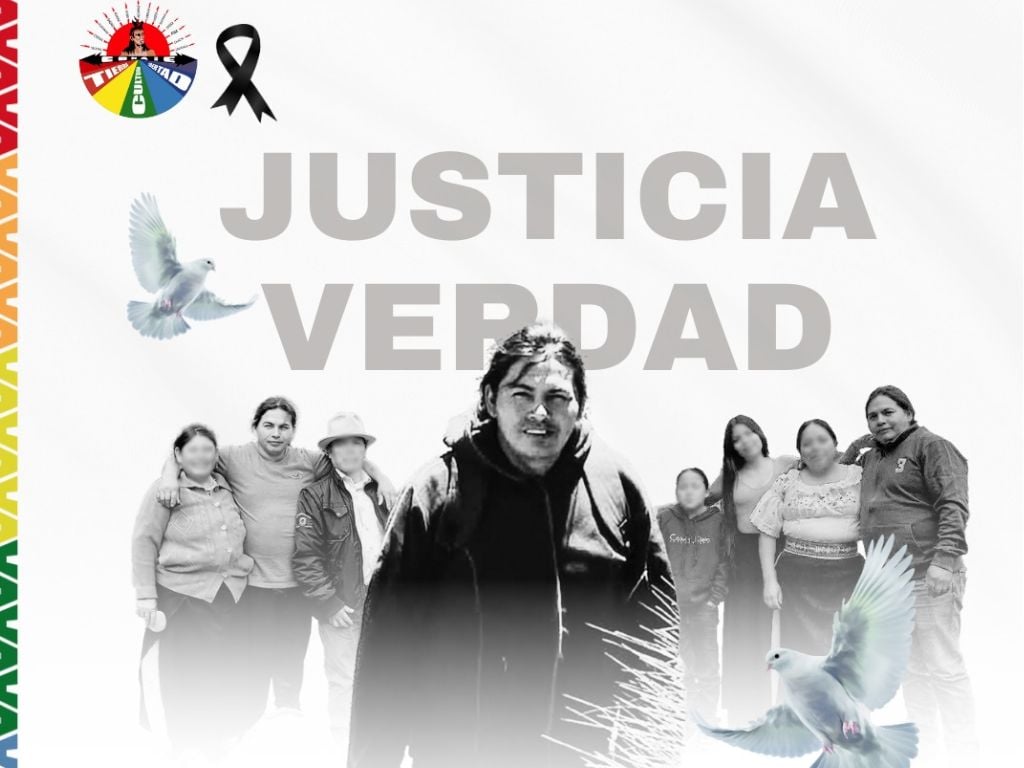
Kichwa leader Efraín Fuerez killed
With the death of Rosa Paqui Seraquive, the toll has risen to two confirmed fatalities during the protests.
Two weeks ago, Kichwa leader Efraín Fuerez was killed after being struck by bullets allegedly fired by soldiers in the town of Otavalo.
CONAIE denounced the killing as a «state crime» allegedly committed under the orders of President Daniel Noboa.
«We denounce the murder of Efraín Fuerez, a 46-year-old Kichwa community member from Cotacachi, gunned down with three shots by the Armed Forces on the Panamericana Norte during the repression ordered by
Daniel Noboa against the legitimate National Strike 2025,» the organization said.
«We demand truth, justice, and reparation. This state crime will not go unpunished. State crimes have neither return nor pardon,» it emphasized.
Ecuador under intensifying repression
The national strike, called on September 22 by CONAIE, the Unitary Workers Front (FUT), the National Students Coordinator (CONAES), and other social organizations, has reached 23 days of mobilization against Decree 126, which removes diesel subsidies and worsens the cost of living for millions of Ecuadorians.
Protesters are also denouncing shortages of medical supplies, the legalization of mining and oil extraction in national reserves — including the Galápagos — and alleged systematic human rights violations since the government declared an ‘Internal Armed Conflict’.
The right-wing administration’s response has not been to open channels for conversation or dialogue, organizers and rights groups say, but to escalate the indiscriminate use of force and carry out arbitrary detentions — now numbering more than 120.
Featured image: TeleSUR
